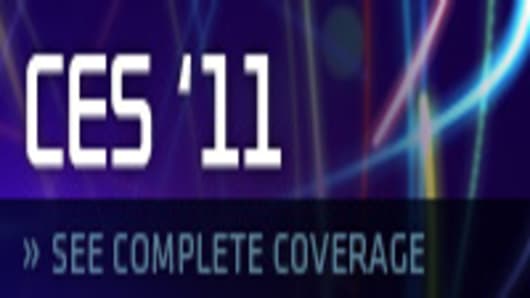A key factor in the mobility trend is increased dependence on cloud computing—that is, storing and accessing data online rather than on a device’s hard drive. PC manufacturers have long relied on bigger and better specs—faster processors, more memory—to sell their products. But cloud computing renders much of that power unnecessary.
“That enables form factors like tablets, because you don’t need all this horsepower on a mobile device,” Wu says. “It’s about performance-per-watt. Performance is still important, but battery life is critical because these devices are not plugged in. Having the devices that use the least amount of power is going to be advantageous.”
That’s the approach Google is taking with Chrome OS, a Web-based operating system designed to run on low-powered notebooks with near instant-on capability and without spinning hard drives. Acer and Samsung will be the first companies to release Chrome OS notebooks later this year.
Challenges and Opportunities
Analysts say that most players heavily involved in the commodity PC segment, most notably Dell , have their work cut out for them. Wu maintains a Hold rating on Dell, noting that nearly all of the company’s revenue comes from PCs. But other hardware vendors, such as Toshiba and Lenovo , will also feel the effects.
“They’re certainly trying to adapt, to have a more consumer focus on style and design,” Epps says. “But it’s a big shift to go from selling a commodity product to something that’s more of a lifestyle device.”
Although it’s also identified with commodity PCs, HP earns a buy rating from Wu.
“The difference with HP is they can benefit from a lot of these trends,” Wu says. “All this content that everyone accesses through their notebooks, smartphones and tablets has to be stored and processed in the data center. HP is the Number One player in terms of infrastructure, and they’re going to take more share in the data center.”
Epps says graphics processor maker Nvidia stands to benefit from a computing environment that favors low power consumption.
“Companies like Nvidia that make ARM-based chips are on their way up,” Epps says. “Everyone has questions about how Intel will compete in that world.”




